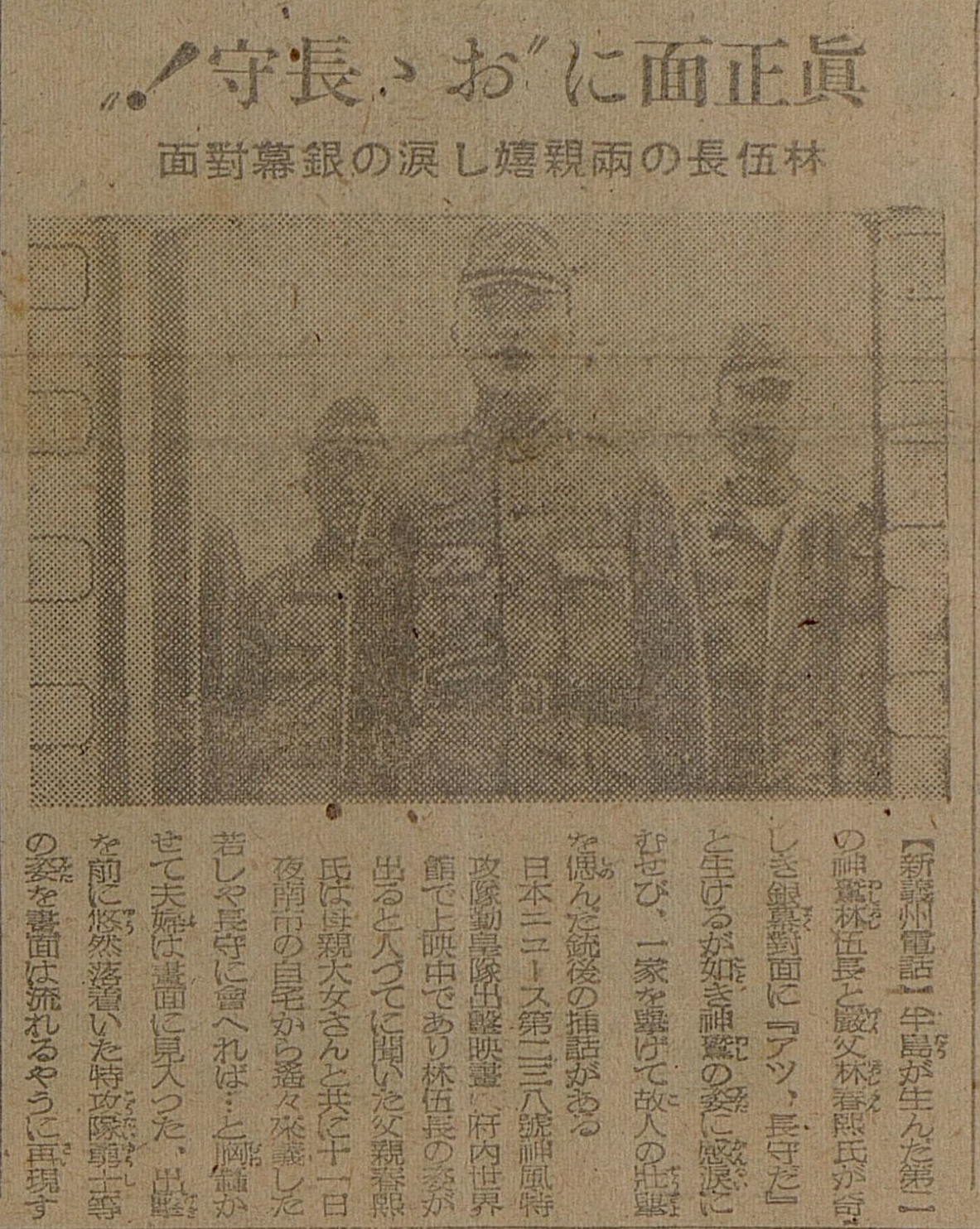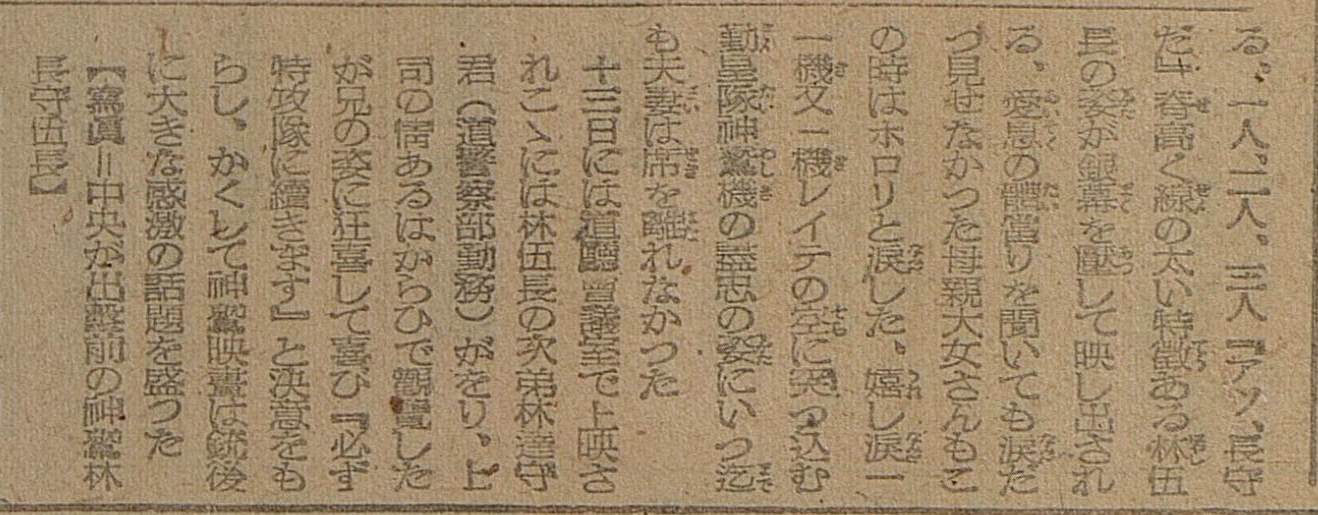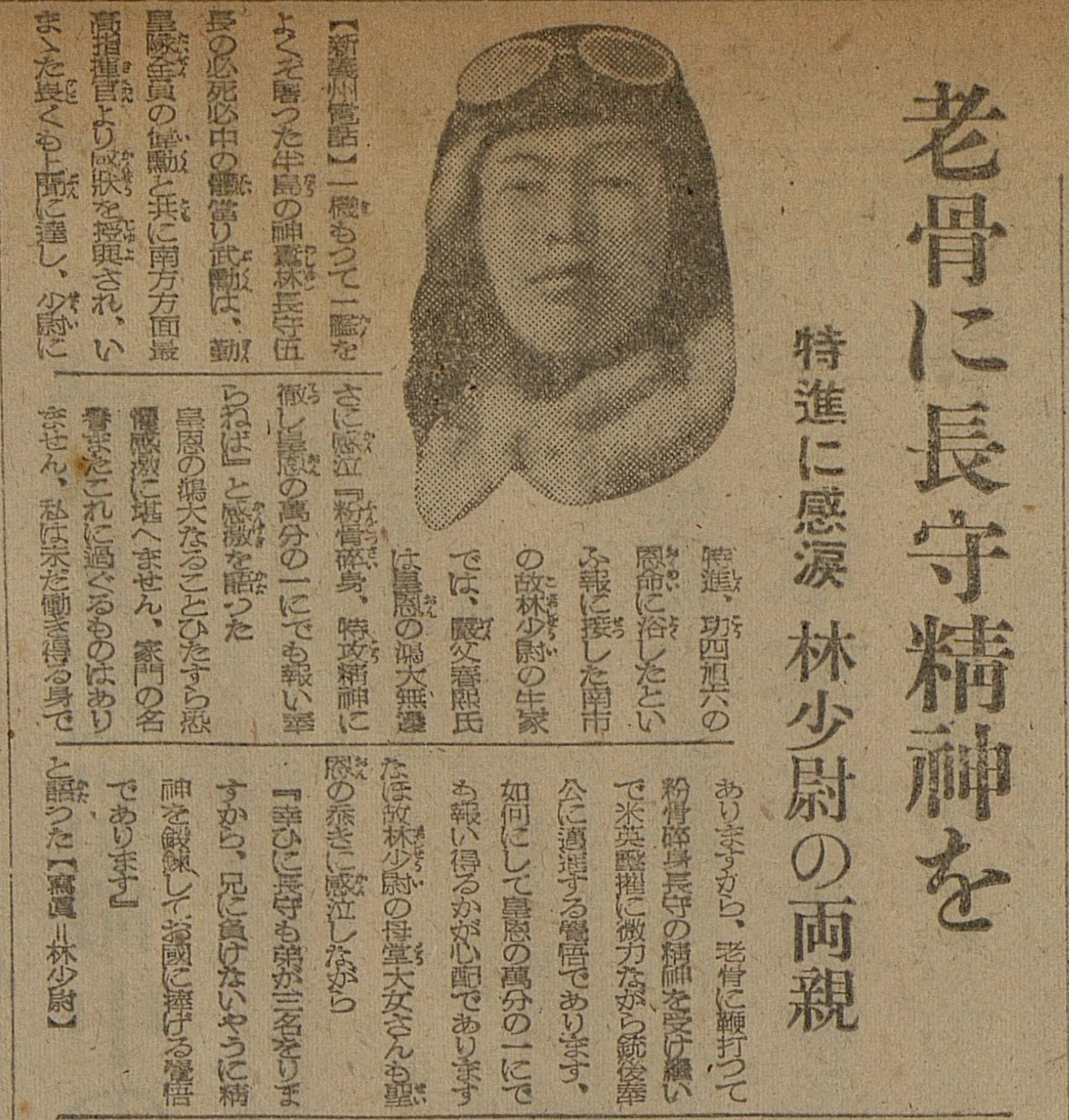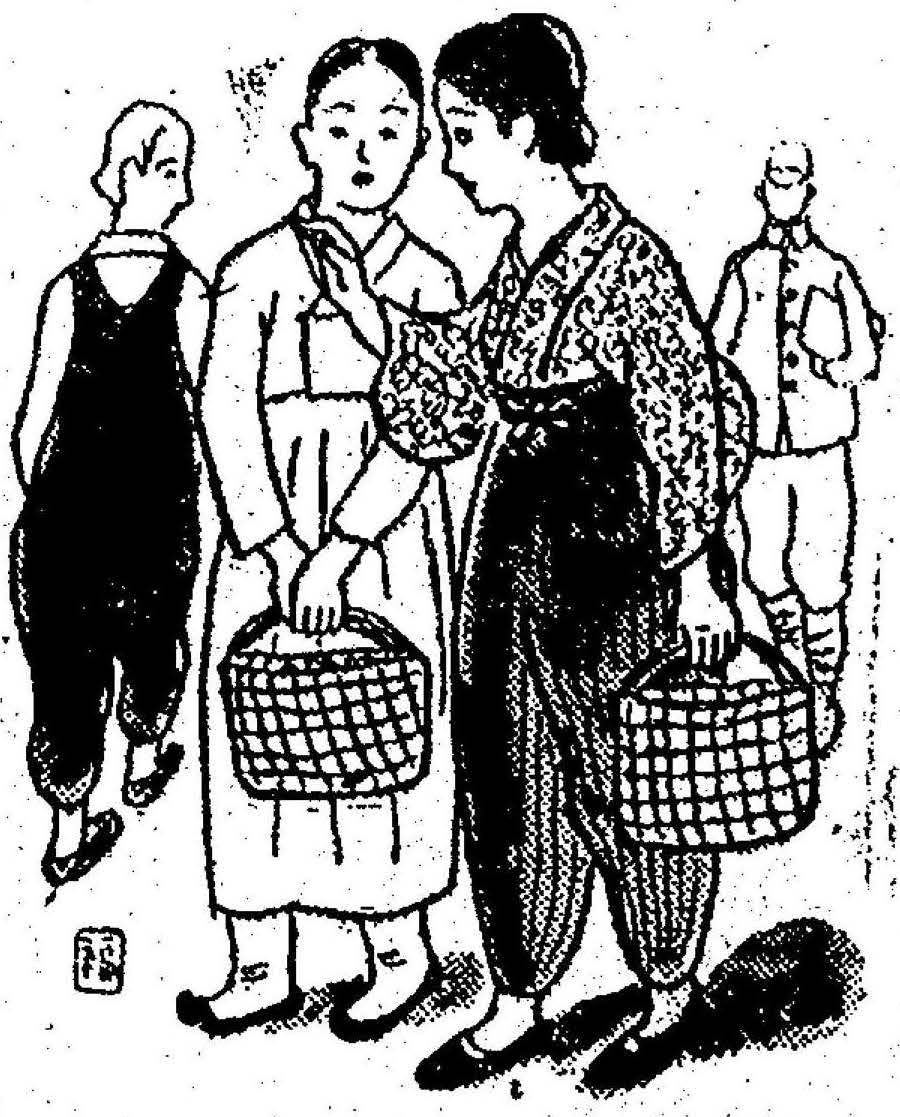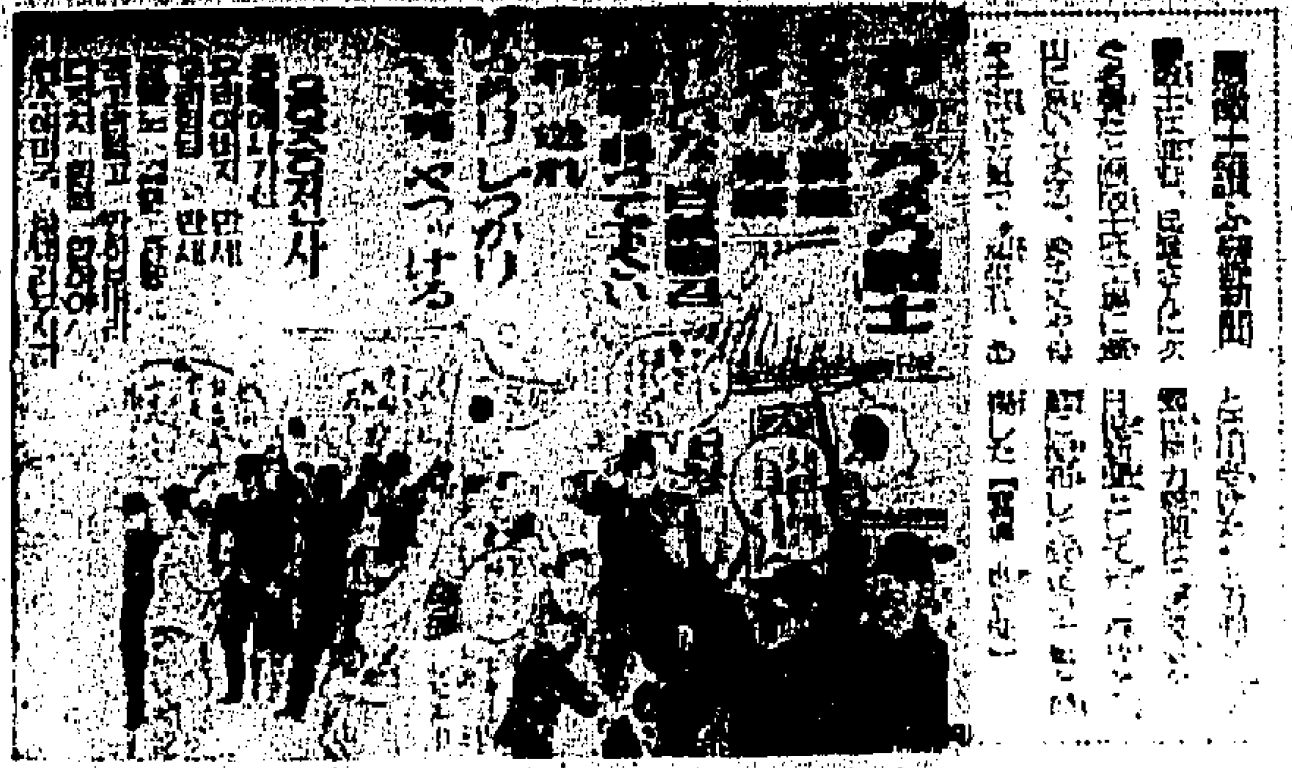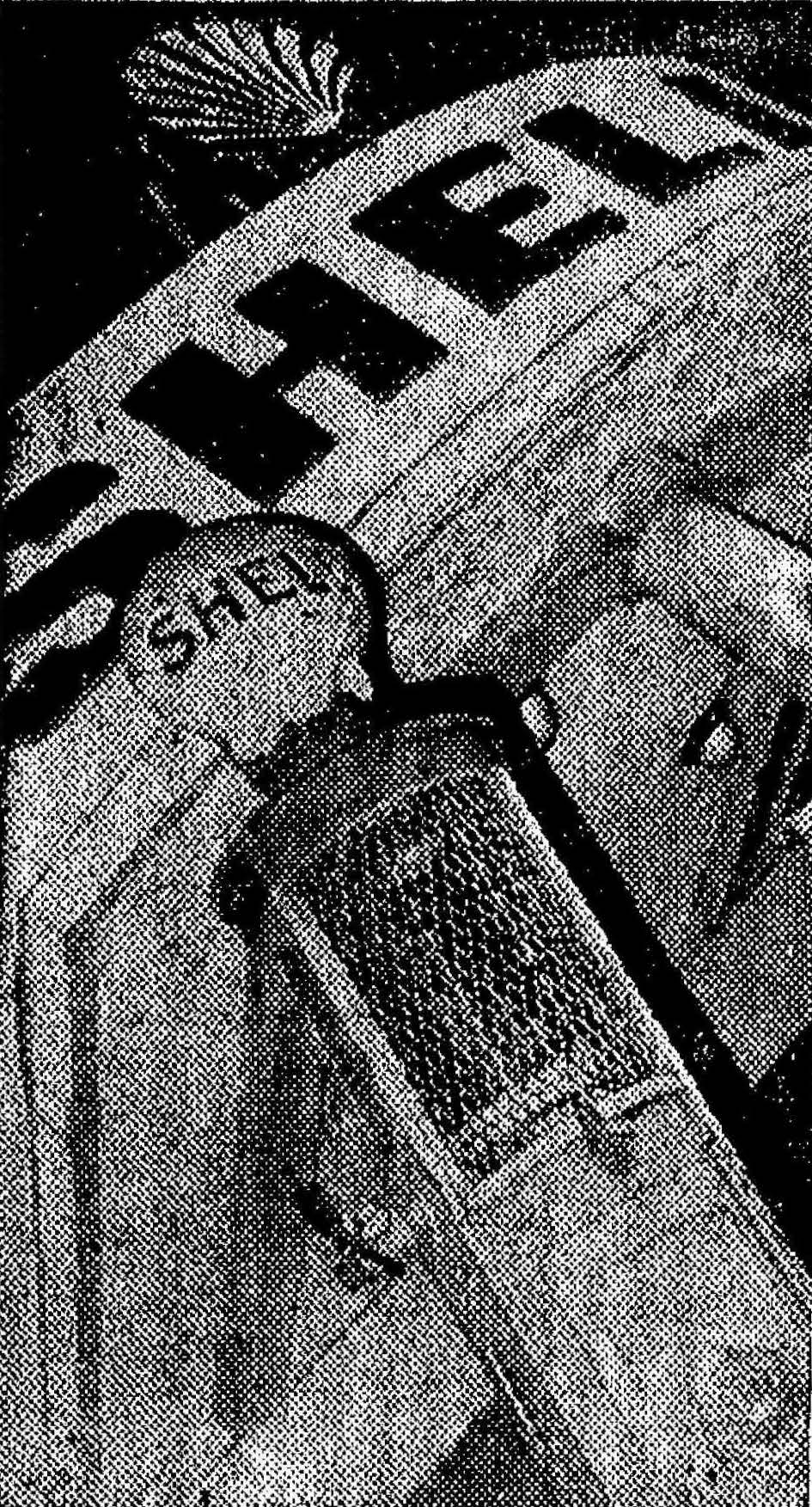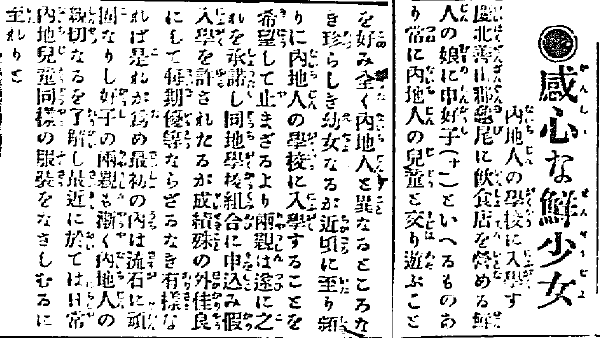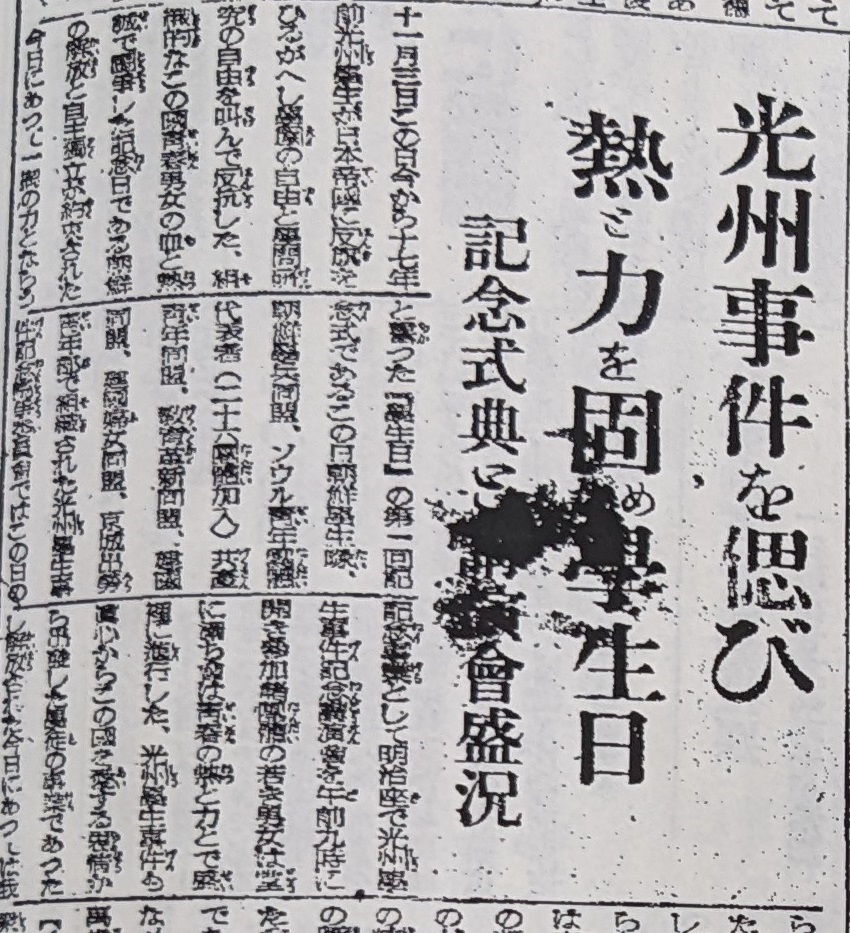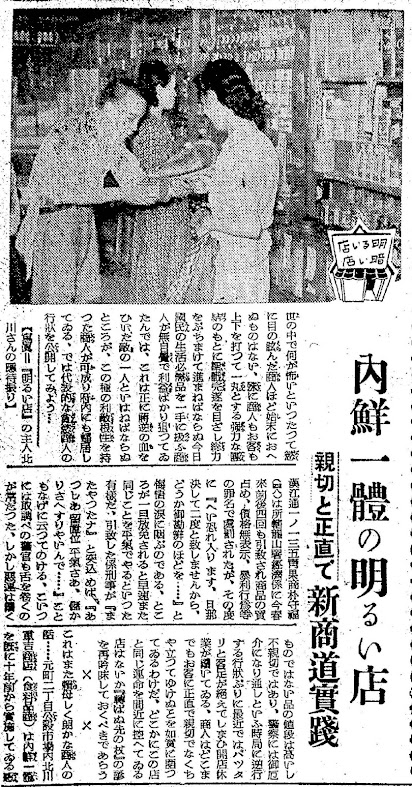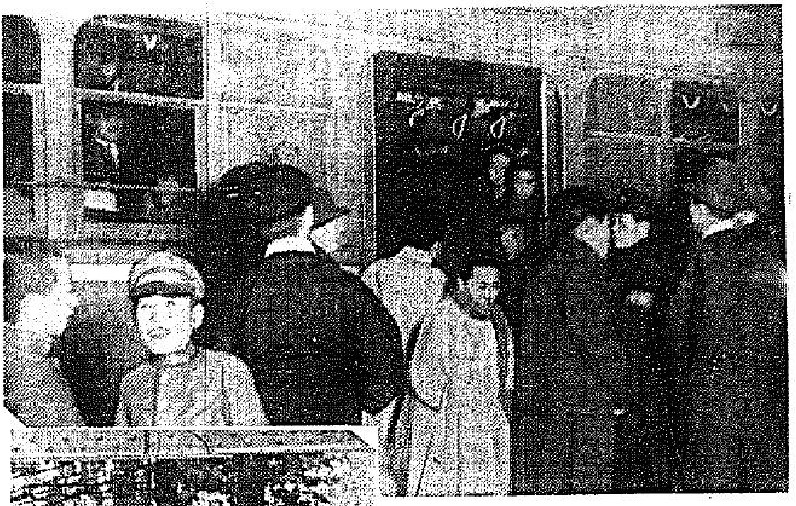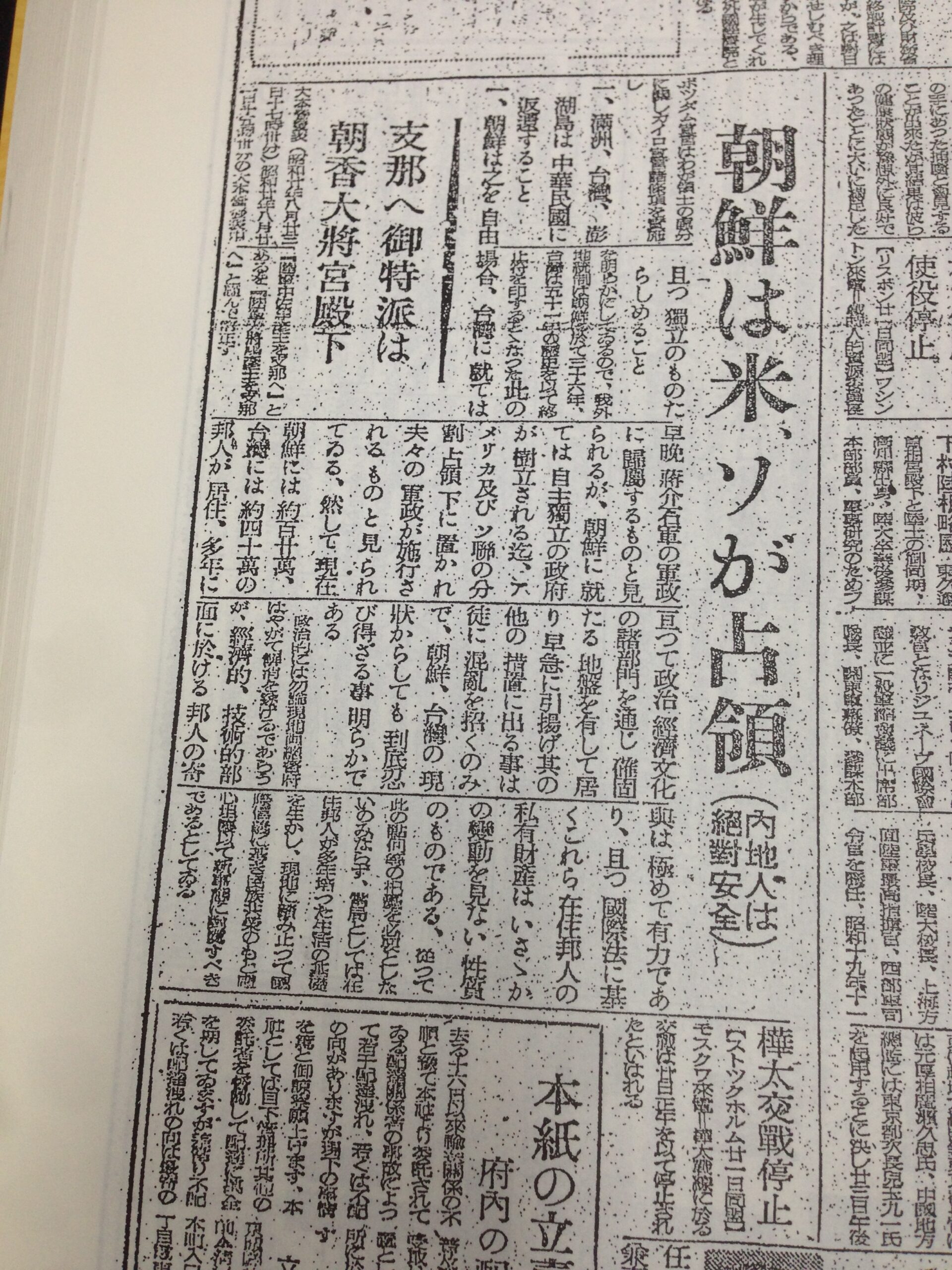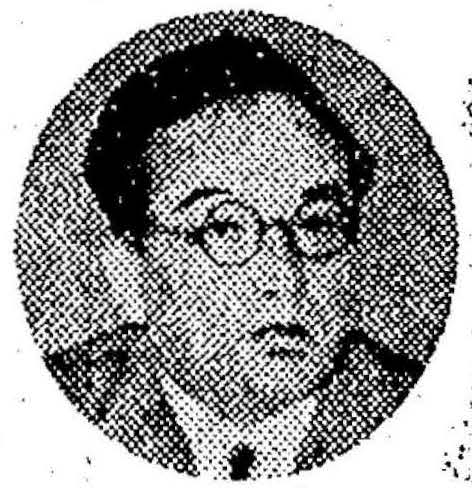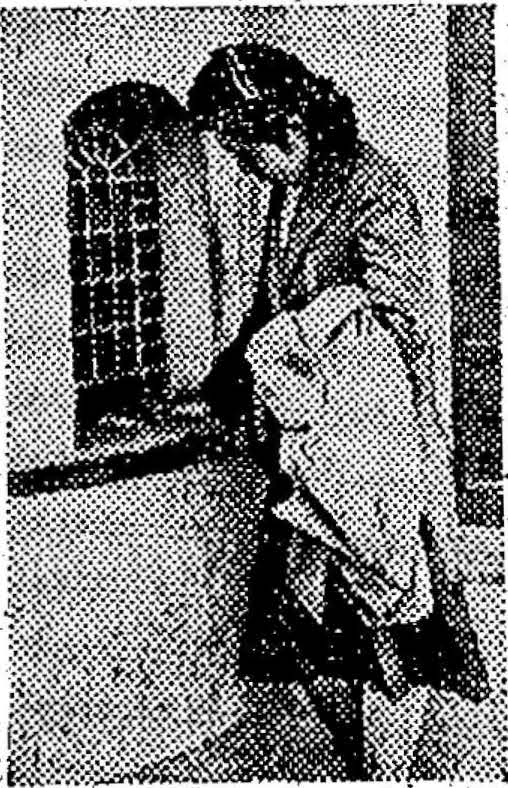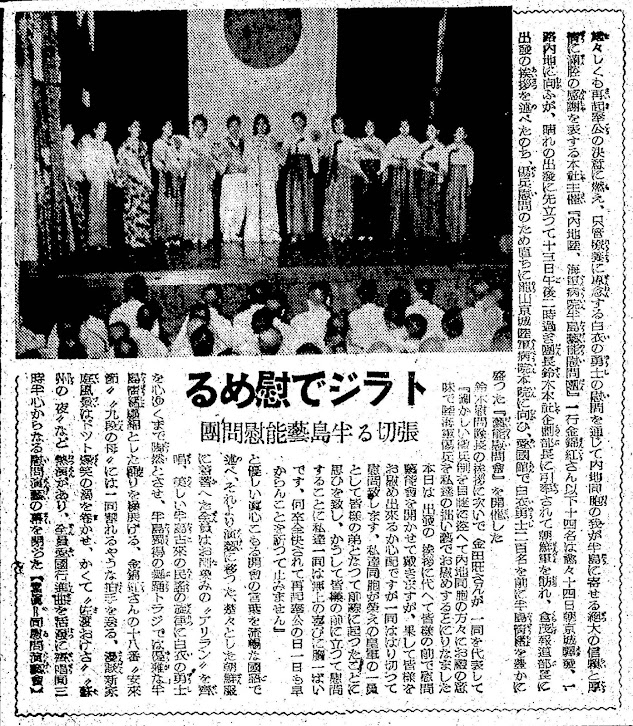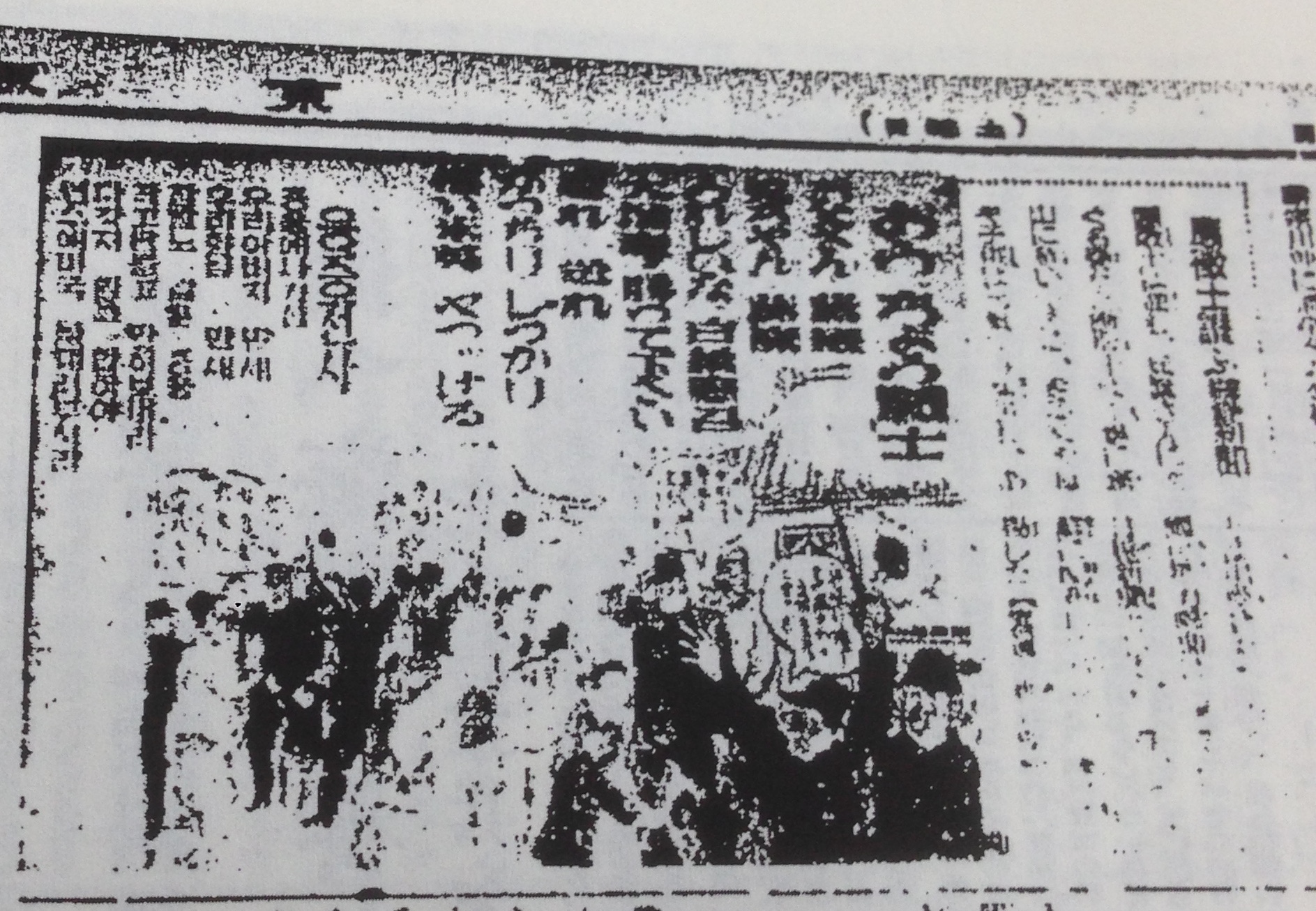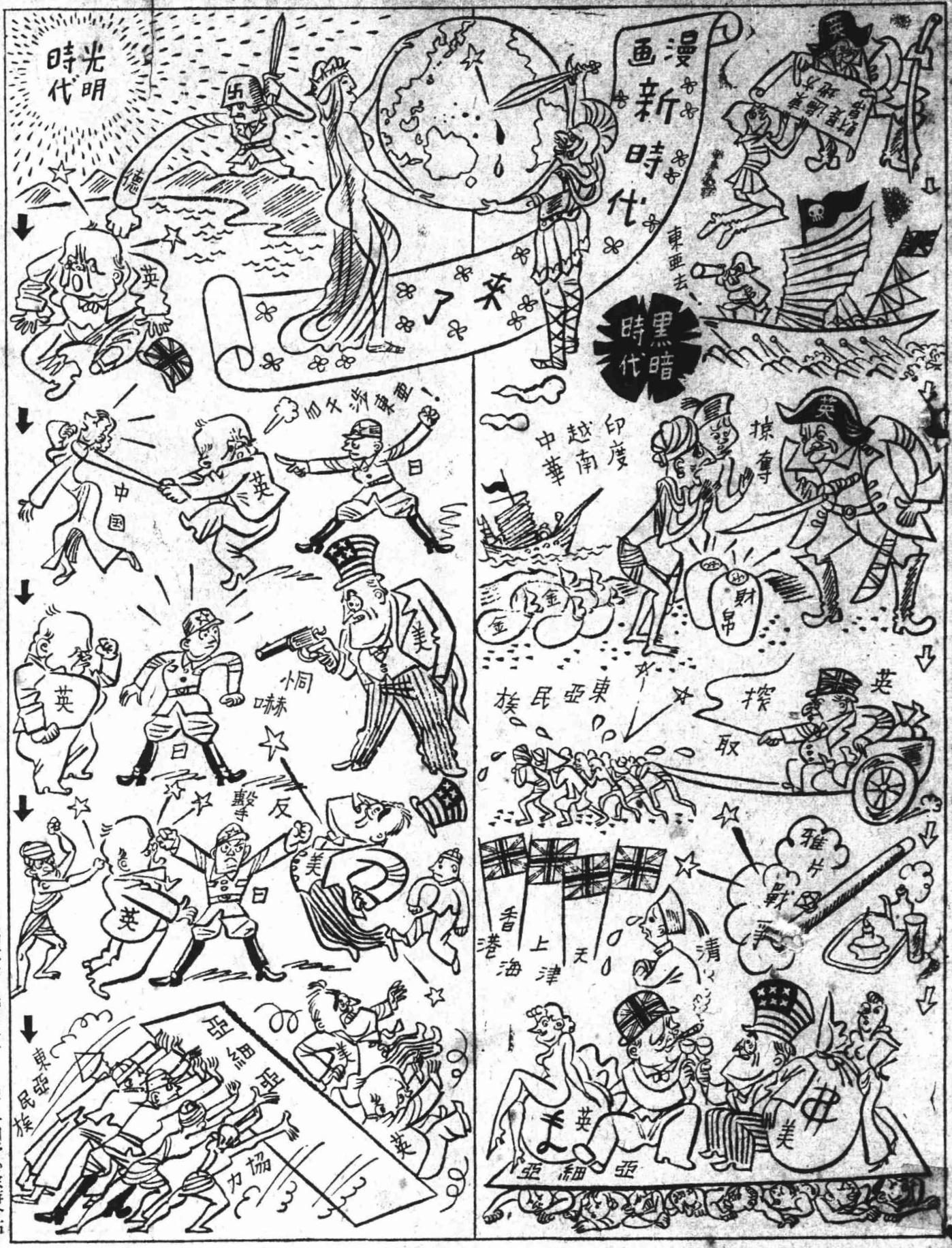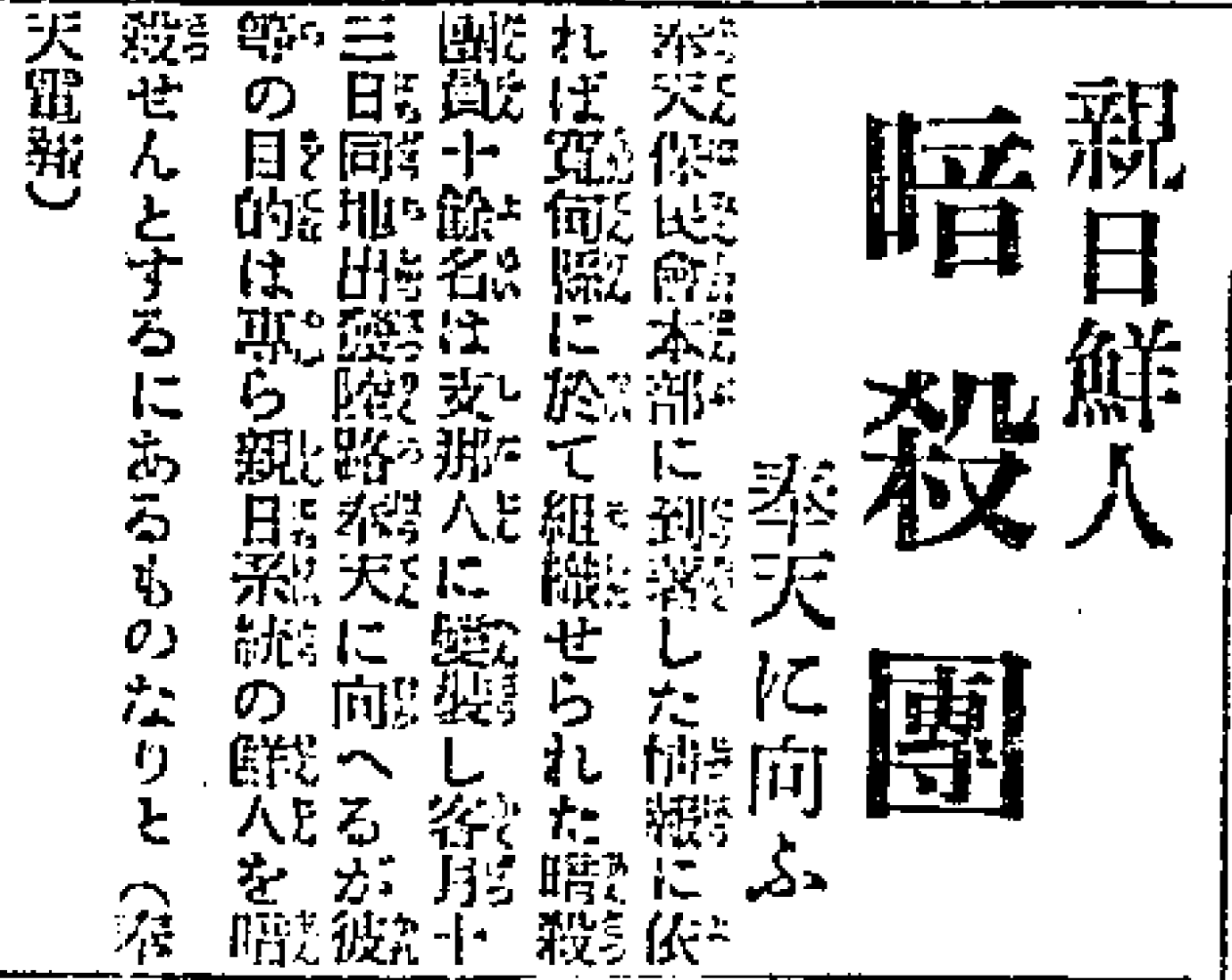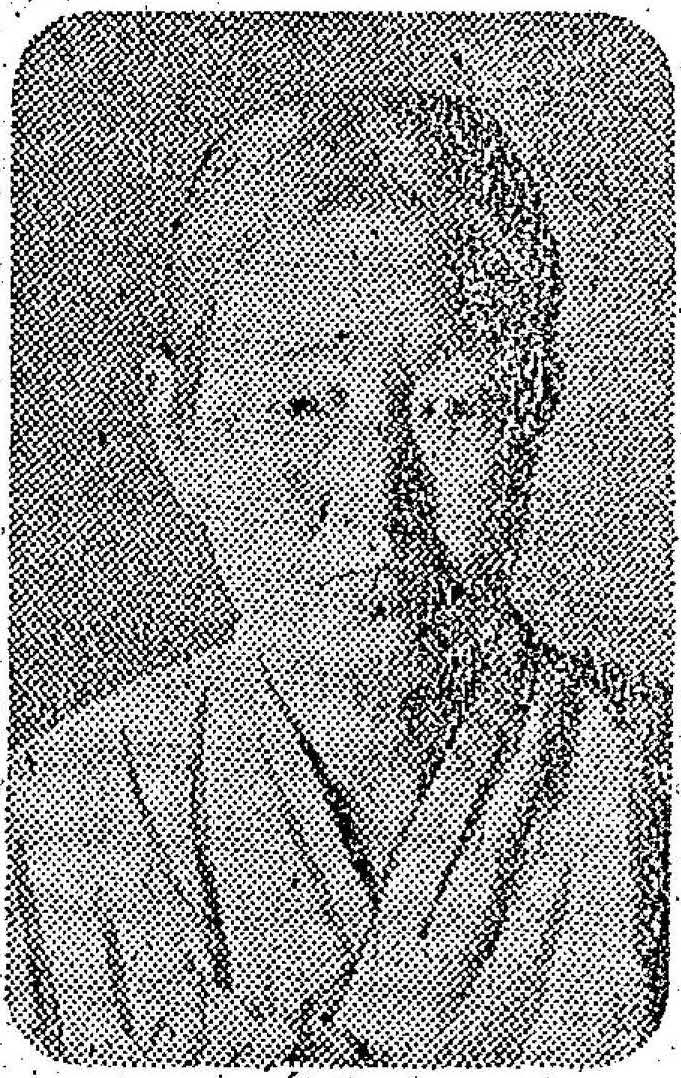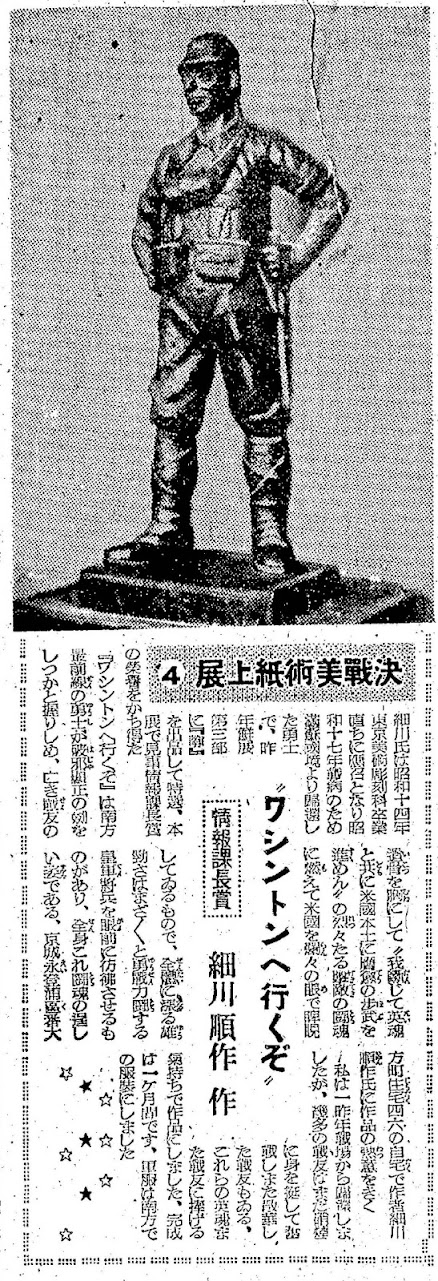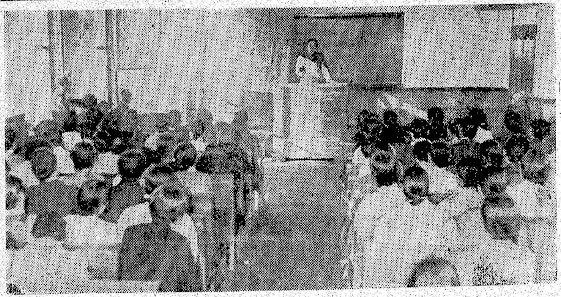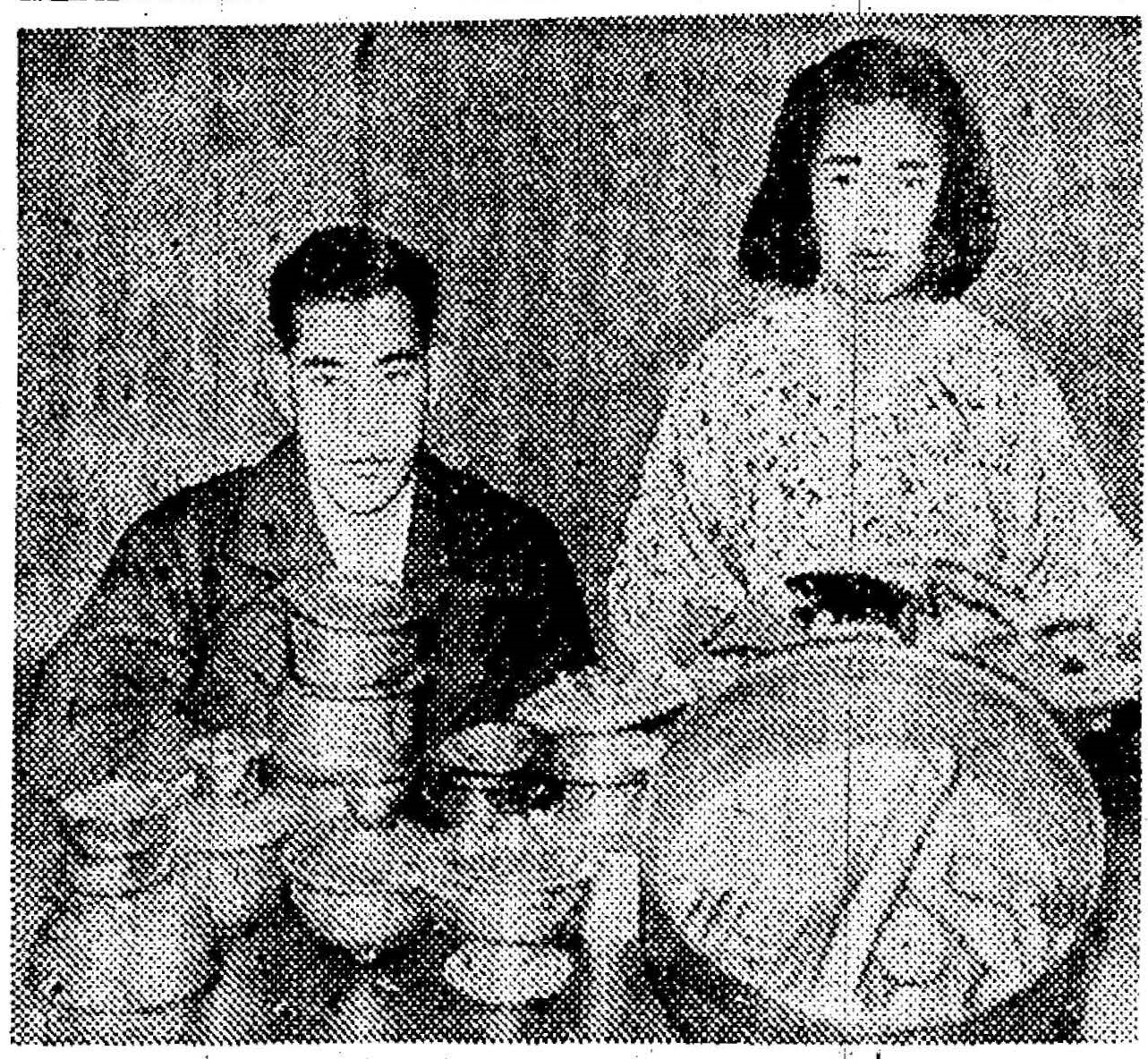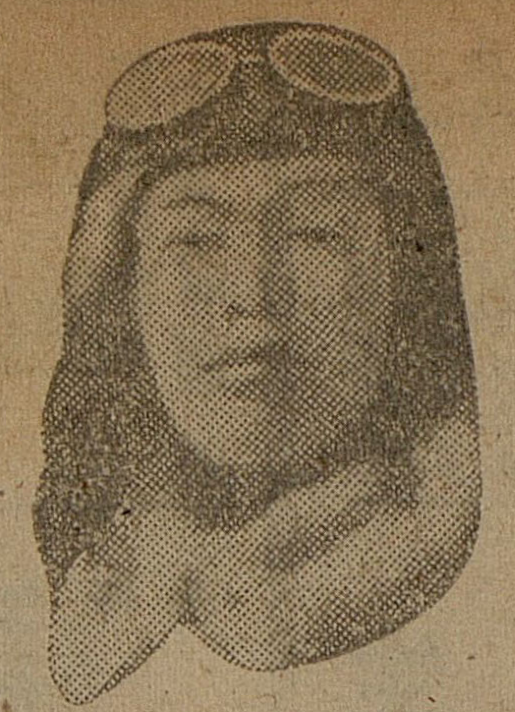
Lim Jangsu (림장수, 林長守) was a Korean Kamikaze pilot who died in a suicide attack on US navy vessels in the Philippines on Dec. 7, 1944; he was from Yeomju-eup near Sinuiju
2025-01-31
12
1067
These two Imperial propaganda news articles from January 1945 cover an ethnic Korean kamikaze pilot, Lim Jangsu (林長守), who died in a suicide attack on December 7, 1944, during the Battle of Ormoc Bay in the Philippines. His suicidal assault helped destroy either the USS Ward or USS Lamson, but despite his prominent glorification in wartime media, his name has all but disappeared from history. Access to these news articles became possible only recently with the opening up of the digital newspaper archives of the National Library of Korea.
Jangsu and sixteen other kamikaze pilots were plastered across the front page of the Keijo Nippo on January 25, 1945, the largest newspaper in colonial Korea. Imperial Japan was desperately seeking to manipulate and rally the colonized Korean population to cope with imminent military defeat. Their strategy? Elevating a Korean suicide pilot into a martyr. Whereas the spirit of Isoroku Yamamoto was being promoted in 1943, by 1945, the “Jangsu spirit” was being pushed instead.
Jangsu hailed from Namsi-eup, which is now called Yeomju-eup, a small township a few kilometers east of Sinuiju, in present-day North Korea. His family, including his three younger brothers—one of whom was a provincial police officer—was thrust into the spectacle of wartime Imperial Japanese propaganda. One of the articles describes his parents watching their son’s final moments immortalized on film in a Sinuiju theater, overcome with tears as they beheld his image on the silver screen.
Yet, for all this propaganda, why is his name nowhere to be found online? His existence is not even mentioned in Wikipedia or Namu Wiki. Indeed, currently on Reddit, one post about Korean Kamikaze pilots says that the first Korean to die in a Kamikaze attack was Park Dong-hun (Okawa Masaaki) on March 29, 1945.
This story forces us to confront unsettling questions about Korea’s place in Imperial Japan’s war machine and how colonial subjects were manipulated, used, and then discarded.
[Translation]
Gyeongseong Ilbo (Keijo Nippo) January 15, 1945
Earnest Cry of ‘Oh, Jangsu!’
Sergeant Lim’s Parents Shed Tears of Joy in a Silver Screen Reunion
[Sinuiju telephone report] The second ‘Divine Eagle’ born on the peninsula, Sergeant Lim Jangsu (림장수, 林長守), and his strict father, Mr. Lim Chunhui (림춘희, 林春煕), experienced a miraculous reunion on the silver screen. Upon seeing the lifelike image of the ‘Divine Eagle,’ they gasped, ‘Ah, it is Jangsu!‘ Overcome with tears, the entire family gathered to remember the heroic deeds of their departed son in this touching home-front episode.
The 238th installment of Japan News, featuring the Kamikaze Special Attack Unit’s Imperial loyalty Squadron in action, is currently being shown at the World Theater in the city. Upon hearing from others that their son, Sergeant Lim Jangsu, appeared in the film, his father, Chunhui, along with his mother, Dae-nyeo (대녀, 大女), traveled all the way from their home in Namsi (남시, 南市) to Sinuiju on the night of January 11th, their hearts pounding with hope—’perhaps we will see Jangsu…‘ With bated breath, the couple fixed their eyes on the screen. The film seamlessly portrayed the warriors of the special attack unit, calm and composed, just before their sortie.
One by one, two, three—’Ah, it is Jangsu!‘ Sergeant Lim, with his tall stature and strong, well-defined features, dominated the screen. Even his mother, Dae-nyeo, who had not shed a tear upon hearing of her beloved son’s self-sacrificing attack, could not hold back this time, as tears gently fell from her eyes—tears of joy. One after another, the Divine Eagle aircraft of the Imperial Loyalty Squadron plunged into the skies over Leyte in their ultimate act of devotion. The couple remained in their seats, unable to look away, deeply moved by the scene before them.
On January 13th, the film was screened in the provincial government conference room. Among the attendees was Sergeant Lim Jangsu’s younger brother, Lim Dalsu (림달수, 林達守) who was employed at the provincial police department. Thanks to the thoughtful consideration of his superior, he was given the opportunity to watch the film. Overjoyed at the sight of his brother on screen, he was filled with excitement and declared with firm resolve, ‘I will surely follow in the footsteps of the Special Attack Unit!‘ Thus, the Divine Eagle film became a powerful and deeply moving topic on the home front.”
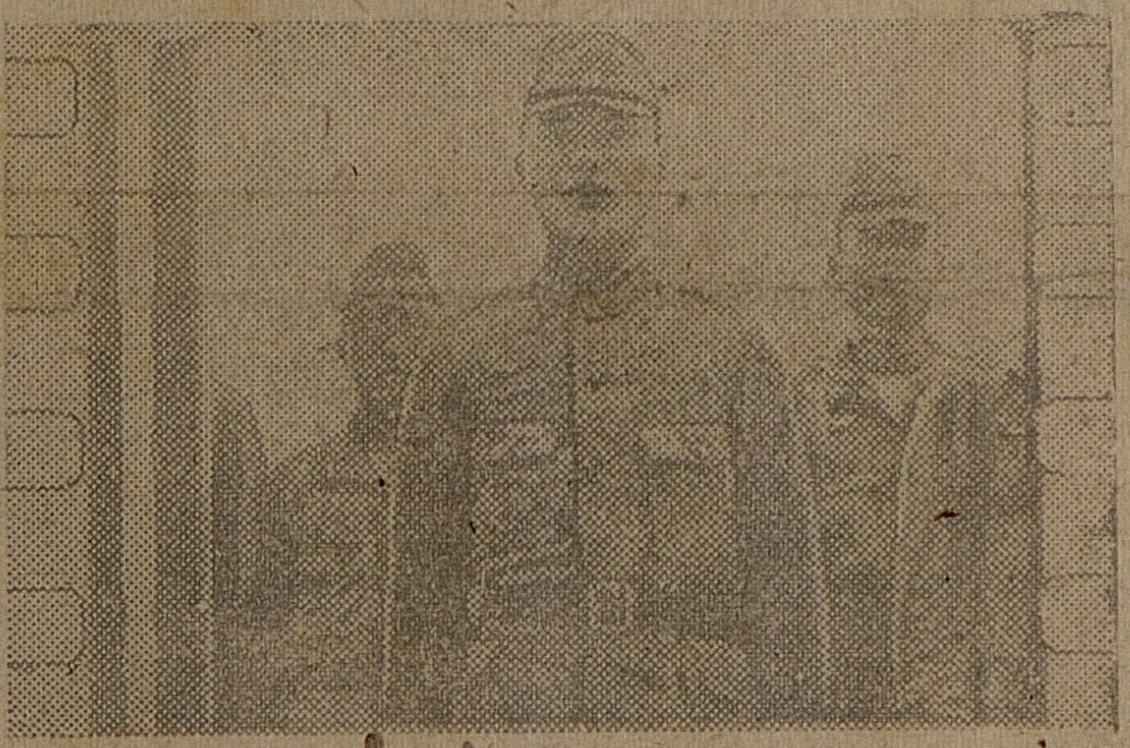
[Photo: In the center stands Sergeant Lim Jangsu before his attack]
Gyeongseong Ilbo (Keijo Nippo) January 25, 1945
Carrying on Jangsu’s Spirit in Old Age
Parents of Newly Promoted Second Lieutenant Lim Moved to Tears
[Sinuiju telephone report] With a single aircraft, he brought down an enemy warship—Sergeant Lim Jangsu, the Divine Eagle of the Korean peninsula, achieved a fearless and precise strike ramming attack. His valorous feat, along with the distinguished achievements of the entire Loyalty Squadron, was recognized with a commendation from the highest commander of the Southern Front. Furthermore, word has now arrived that this honor has reached the highest levels of the Imperial court, resulting in his posthumous promotion to Second Lieutenant and the awarding of the Fourth-Class Order of Merit and the Sixth-Class Order of the Rising Sun.
At the family home of the late Second Lieutenant Lim in Namsi, his strict father, Chunhui, was moved to tears by the boundless and immeasurable grace of the Emperor. Overcome with emotion, he declared, ‘I must dedicate myself entirely to the spirit of the Special Attack Unit, breaking my body and bones if necessary, to repay even one ten-thousandth of the Imperial favor.’
Overwhelmed by emotion, he continued: “The immense grace of His Majesty is beyond words—I am overwhelmed with both awe and gratitude. There is no greater honor for our family. As I am still capable of working, I will push my aging body to its limits, dedicating myself fully to carrying on Jangsu’s spirit. With whatever strength I have, I will devote myself to home-front service, however small my contribution may be, in the effort to strike down the American and British forces. My only concern is how I can ever repay even one ten-thousandth of the Imperial favor.“
Likewise, the late Second Lieutenant Lim’s mother, Dang Daenyeo (당대녀, 堂大女), also tearfully expressed her heartfelt gratitude for the sacred honor, saying: “Fortunately, Jangsu has three younger brothers. We will raise them to be as strong in spirit as their late brother, and we are prepared to dedicate them to the nation as well.” [Photo: Second Lieutenant Lim]
[Transcription]
京城日報 1945年1月15日
真面目に”おお長守!”
林伍長の両親嬉しい涙の銀幕対面
【新義州電話】半島が生んだ第二の神鷲林伍長と厳父林春煕氏が奇しき銀幕対面に『あっ、長守だ』と生けるが如き神鷲の姿に感涙にむせび、一家を挙げて故人の壮挙を偲んだ銃後の挿話がある。
日本ニュース第二三八号神風特攻隊勤皇隊出撃映画は府内世界館で上映中であり、林伍長の姿が出ると人づてに聞いた父親春煕氏は母親大女さんと共に十一日夜、南市の自宅から遥々来義した若しや長守に会えれば...と胸轟かせて夫婦は画面に見入った。出撃を前に悠然落ち着いた特攻隊勇士等の姿を画面は流れるように再現する。
一人、二人、三人『あっ、長守だ』脊高く線の太い特徴ある林伍長の姿が銀幕を圧して映し出される。愛息の体当たりを聞いても涙だつ見せなかった母親大女さんもこの時はホロリと涙した。嬉しい涙一一機又一機レイテの空に突っ込む勤皇隊神鷲機の尽忠の姿にいつ迄も夫妻は席を離れなかった。
十三日には道庁会議室で上映され、ここには林伍長の次弟林達守君(道警察部勤務)がおり、上司の情あるはからいで観覧したが兄の姿に狂喜して喜び『必ず特攻隊に続きます』と決意をもらし、かくして神鷲映画は銃後に大きな感激の話題を盛った。
【写真=中央が出撃前の神鷲林長守伍長】
京城日報 1945年1月25日
老骨に長守精神を
特進に感涙、林少尉の両親
【新義州電話】一機もって一艦をよくぞ屠った半島の神鷲林長守伍長の必死必中の体当たり武勲は、勤皇隊全員の偉勲と共に南方方面最高指揮官より感状を授与され、いままた畏くも上聞に達し、少尉に特進、功四旭六の恩命に浴したという報に接した南市の故林少尉の生家では、厳父春煕氏は皇恩の鴻大無辺さに感泣『粉骨砕身、特攻精神に徹し皇恩の万分の一にでも報い奉らねば』と感激を語った。
「皇恩の鴻大なることひたすら恐懼感激に堪えません。家門の名誉またこれに過ぐるものはありません。私は未だ働き得る身でありますから、老骨に鞭打って粉骨砕身長守の精神を受け継いで米英撃摧に微力ながら銃後奉公に邁進する覚悟であります。如何にして皇恩の万分の一にでも報い得るかが心配であります」
なお故林少尉の母堂大女さんも聖恩の忝きに感泣しながら、
『幸いに長守も弟が三名おりますから、兄に負けないように精神を錬成してお国に捧げる覚悟であります』と語った。【写真=林少尉】
Source: 키워드 검색 – 신문 검색 – 대한민국 신문 아카이브
